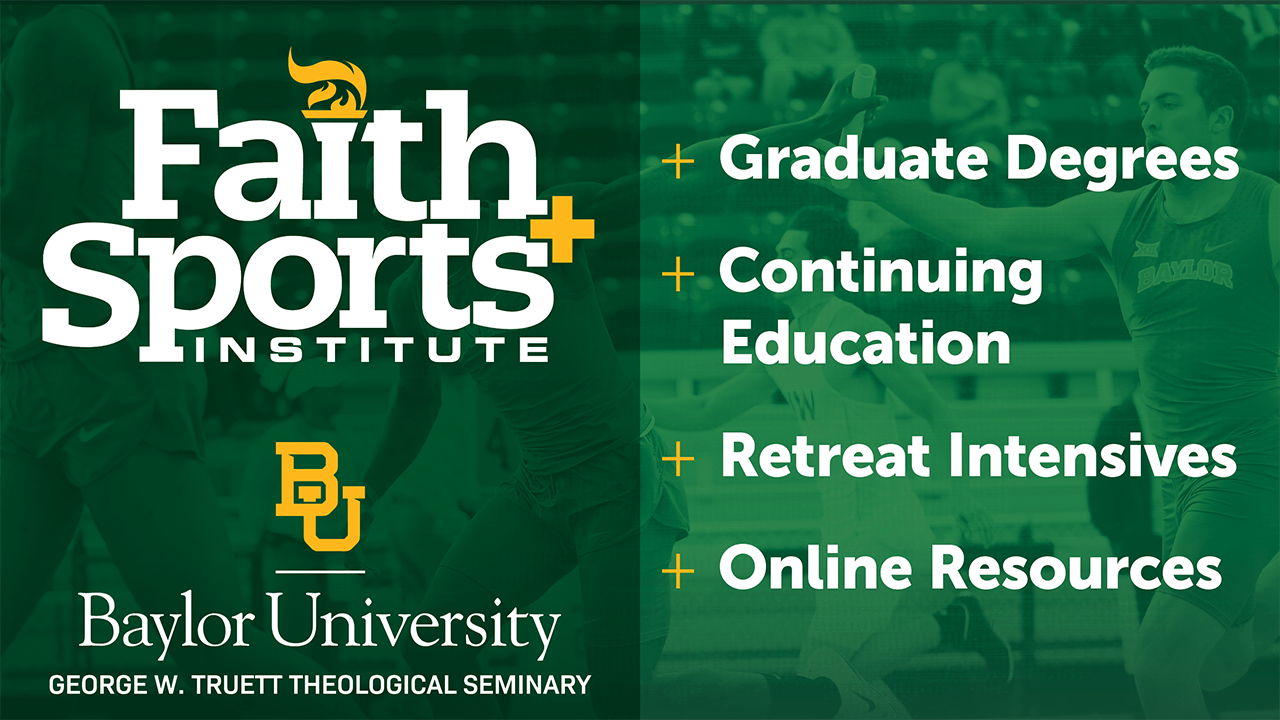Mike Austin
Ted Lasso, coach of the AFC Richmond Greyhounds, says that “doin’ the right thing is never the wrong thing.”
The context is a player-led protest of the team’s kit sponsor, an airline owned by an oil conglomerate that has caused great devastation in Nigeria, the homeland of several Richmond players. The protest could be costly, but Ted supports his players who are following their conscience, even if it puts him and them at odds with the club’s biggest corporate sponsor.
I love Ted Lasso. I started watching when it first came out last summer, mainly because it was about soccer (along with my philosophy professor job, I coach a high school soccer team). But as I watched, I discovered that the show is only sort of about soccer, in the same way that Friday Night Lights is about high school football, but not really.
More than soccer, Ted Lasso is a show about relationships: our need for one another, our need for a community of people who care for us, and the goodness and beauty of basic human decency.
This message is often delivered with jokes and a smile. Still, for all of Ted Lasso’s one-liners about caring for people, about winning not being as important as the welfare of his players, there lies underneath a genuine concern and care for others. For example, Ted rejects a request by Manchester City striker Jamie Tartt to come back and play for AFC Richmond, even though the team needs a quality player like him to score some goals. Sporting reasons alone don’t justify this rejection. Moral reasons do, given how Jamie treated people during his last stint at the club.
Yet later, when Coach Lasso reflects on Jamie’s situation, he reconsiders. He brings Jamie back because “not everybody had a good dad”. Don’t bring back a player primarily because he can help you win ; but do bring him back because he needs a caring and supportive community in place of a dad who is failing him. Nothing is more Ted Lasso-esque than this.
I think this is one reason why the show is so popular. The ideas that virtue matters more than victory, that a coach should care about his team as people first and players second, and a conviction that even if it costs you wins, or your job, this is how you ought to live, all make the show appealing. It provides a picture, albeit a fictional one, of a group of morally decent human beings who actually care about each other, deeply and authentically.
In a time where anger dominates and compassion wanes; where we demand our “rights” but seem to neglect many of our responsibilities to others; where the louder and more outrageous you are, the more clicks and attention you get; where many people have spent over a year in varying degrees of isolation—in a time like this, the need we have for one another has been made very clear. Ted Lasso speaks to our hearts in these and many other ways.
Ted Lasso is not a Christian show, at least not in a way that fits our consumer categories. It’s not a television show designed and marketed for a Christian audience (like the movie Facing the Giants, for example), and it certainly wouldn’t pass the “family values” test that measures a show or movie by the presence of curse words and sexual situations.
But in another sense it is a deeply good show that conveys important Christian truths. The people aren’t perfect—that reflects a Christian belief about the fallen nature of humanity. Yet they offer one another grace and forgiveness, two vital Christian values. Ultimately, they try hard to love each other. And nothing is more Christian than that. As 1 John 4:7 says: “Beloved, let us love one another, because love is from God; everyone who loves is born of God and knows God.”
More than the soccer theme, that’s why I love this show: because its characters seek to love one another. We need more of that not only on the screen, but in real life as well—whether we’re on the pitch or in our neighborhoods, churches, schools, and communities.
 About the author: Mike Austin is a Professor of Philosophy at Eastern Kentucky University. He writes frequently on the subject of Christian virtue and spirituality in the context of sports. He is also a high school soccer coach and has served as a collaborator and consultant with the Faith & Sports Institute. You can follow him on Twitter.
About the author: Mike Austin is a Professor of Philosophy at Eastern Kentucky University. He writes frequently on the subject of Christian virtue and spirituality in the context of sports. He is also a high school soccer coach and has served as a collaborator and consultant with the Faith & Sports Institute. You can follow him on Twitter.





